Whether you’re coping with a cracked teeth or truly need to enhance the cultured of your smile, dental crowns can offer a reliable and long-lasting restore. However, the system of setting crowns entails extra than just the bodily crown itself – dental adhesives or “glue” play a essential function in securing the crown to the teeth.
In this weblog, we will take an in-intensity observe the glue used for crowns on teeth, how it works, the sorts of adhesives available, and what to anticipate from the system. Additionally, we’ll deal with not unusual questions about dental crown adhesives and provide recommendations for caring for your crown as soon as it’s in location.
What Is the Glue Used for Crowns on Teeth?
The time period “glue” for crowns may also sound a chunk casual, however in dentistry, the best time period for the bonding cloth used to steady a dental crown is dental cement or dental adhesive. Dental adhesives are designed especially for bonding dental restorations like crowns, bridges, and veneers to the enamel. The adhesive should be strong sufficient to hold the crown in vicinity even as additionally being secure for the sensitive tissues of the mouth.
There are one-of-a-kind kinds of adhesives used for dental crowns, and the selection of adhesive depends on several factors, along with the cloth of the crown, the vicinity of the tooth, and whether the crown is placed on a front or back enamel.
Types of Adhesives for Dental Crowns
There are three primary styles of adhesives utilized in dentistry to bond crowns to tooth:
Temporary Crown Cement
Temporary crown cement is used whilst a temporary crown is wanted earlier than the everlasting one is made. It’s designed to hold the crown in area briefly, with out supplying a everlasting bond. This cement is weaker than everlasting adhesives and may be effortlessly eliminated once the very last crown is ready to be positioned.
Resin-Modified Glass Ionomer Cement
Resin-modified glass ionomer cement is usually used for crowns, mainly for posterior (again) teeth. It’s a durable cloth that gives each sturdy bonding and fluoride launch, that could help guard the teeth from decay. While it’s now not as aesthetic as other kinds of adhesives, it’s a dependable option for restoring teeth that are less visible.
Luting Resin Cement
Luting resin cement is a more potent and greater long lasting adhesive this is normally used for everlasting crowns, in particular the ones crafted from porcelain, ceramic, or composite materials. This form of cement bureaucracy a strong bond between the enamel and the crown and offers awesome aesthetic results, as it can be color-matched to the herbal tooth.
Dual-Cure Resin Cement
Dual-treatment resin cement is used for crowns fabricated from substances together with porcelain or zirconia, that are more translucent and require a more potent adhesive. This cement may be cured each chemically and with mild, making it ideal for crowns that need to be bonded securely and unexpectedly.
Self-Adhesive Resin Cement
Self-adhesive resin cement simplifies the bonding technique, as it does now not require an extra bonding agent. It adheres directly to the enamel and the crown, making it best for patients who need a truthful and green process. This cement is often used for posterior crowns, in which aesthetics are much less of a situation.
How Does Dental Adhesive Work for Crowns?
The adhesive used for dental crowns works through developing a secure bond among the enamel shape and the recovery. The procedure involves several steps:
Tooth Preparation: Before applying the adhesive, your dentist will prepare the tooth by means of cleaning it and in all likelihood roughening its floor to improve the bonding procedure. This is often carried out the use of an etching approach, in which an acid is used to roughen the enamel and dentin.
Application of Adhesive: The selected adhesive is implemented to the teeth’s surface. Depending on the sort of adhesive, it may need to be cured (hardened) the usage of a unique mild or chemical reaction.
Placement of the Crown: Once the adhesive has been carried out, the dentist places the crown over the prepared enamel. The adhesive creates a robust bond among the tooth and the crown, protecting it securely in vicinity.
Curing and Final Adjustments: If essential, the adhesive is cured the usage of a light or chemical response. Your dentist will make any very last modifications to ensure the crown suits nicely and conveniently, checking your bite to make sure the restoration doesn’t intrude together with your capacity to bite.
Benefits of Using Glue for Crowns
Using dental adhesive to bond crowns to teeth affords severa benefits, each functionally and aesthetically. Here are some key advantages:
Long-lasting Bond: Modern dental adhesives create a long lasting and strong bond that guarantees the crown remains in place for many years.
Improved Aesthetics: With exceptional adhesives, crowns can be securely bonded to the enamel with out visible strains or gaps, providing a unbroken, natural-searching result.
Protection: Dental adhesives assist guard the underlying teeth from similarly decay or damage. Some adhesives, like resin-changed glass ionomer, also release fluoride to sell enamel health.
Comfort: With a nicely-bonded crown, you can consume, speak, and smile without difficulty with out worrying approximately the crown coming free.
Minimal Discomfort: The process of applying the adhesive is particularly truthful, with minimal soreness for maximum patients.
What to Expect Before and After Getting a Crown
Before the Procedure
Before you get a dental crown, your dentist will behavior a thorough examination to evaluate the circumstance of the teeth. If the tooth is decayed or damaged, it’s going to need to be wiped clean and reshaped to accommodate the crown. Once the tooth is ready, an impact could be taken to ensure a custom-equipped crown. In a few instances, a brief crown is placed while the permanent one is being made.
After the Procedure
Once the crown is located and the adhesive has cured, it’s far essential to take proper care of your crowned tooth. Here are a few suggestions:
Avoid Hard Foods: For the primary 24 hours upon getting a crown, avoid biting into tough or sticky ingredients, as this will intrude with the bond.
Oral Hygiene: Brush and floss lightly across the topped tooth to keep away from loosening the adhesive. Be careful when flossing, as pulling the floss tightly across the crown may additionally dislodge it.
Regular Check-ups: Your dentist will agenda observe-up appointments to check the suit of the crown and make any necessary adjustments.
People Also Ask
What is the glue used for crowns on enamel?
Dental glue for crowns is a special bonding agent known as dental cement or adhesive. It facilitates secure the crown to the enamel.
How long does it take for the glue to set?
The setting time varies depending on the adhesive used, however most adhesives set within a couple of minutes. Some might also require mild curing to harden fully.
Is dental adhesive secure?
Yes, dental adhesives are secure whilst utilized by a expert dentist. They are especially formulated to be used within the mouth and are biocompatible.
Can dental glue come free?
While dental adhesives are robust, crowns can come loose if the adhesive wears down, if the crown is broken, or if there is a lot of strain on the crown (e.g., from teeth grinding).
How long will a crown live on with adhesive?
A nicely positioned crown with robust adhesive can last for decades, but the sturdiness depends on the type of adhesive, the crown material, and the way properly you care for your tooth.
Can I eat with a crown right away?
After getting a crown, it’s exceptional to avoid tough or sticky meals for at the least 24 hours to make sure the adhesive has absolutely set.
Can I use over-the-counter glue for my crown?
It’s not endorsed to apply over-the-counter glues or adhesives for dental crowns. Professional dental adhesives are in particular formulated for this purpose and provide a more potent, longer-lasting bond.
What occurs if the glue for my crown fails?
If the adhesive fails and the crown comes unfastened, contact your dentist right away. They can re-cement the crown or offer a replacement if essential.
Do I want a special adhesive for a porcelain crown?
Yes, porcelain crowns require a resin-based adhesive, which offers a strong bond and guarantees the crown remains in area.
Can I dispose of a crown with adhesive myself?
It’s now not advocated to dispose of a crown yourself. If you’ve got a unfastened crown, go to your dentist for professional assistance.
Conclusion
Dental adhesives, or “glue,” play a critical role in securing crowns to teeth, presenting electricity, durability, and a natural-looking end. Whether you want a transient or everlasting crown, choosing the right adhesive is critical for making sure the durability and comfort of your recovery. If you’re thinking about getting a dental crown, be sure to talk over with your dentist to decide the first-class adhesive on your particular needs. With the proper materials and care, dental crowns can enhance your smile and repair your dental fitness for years to come.
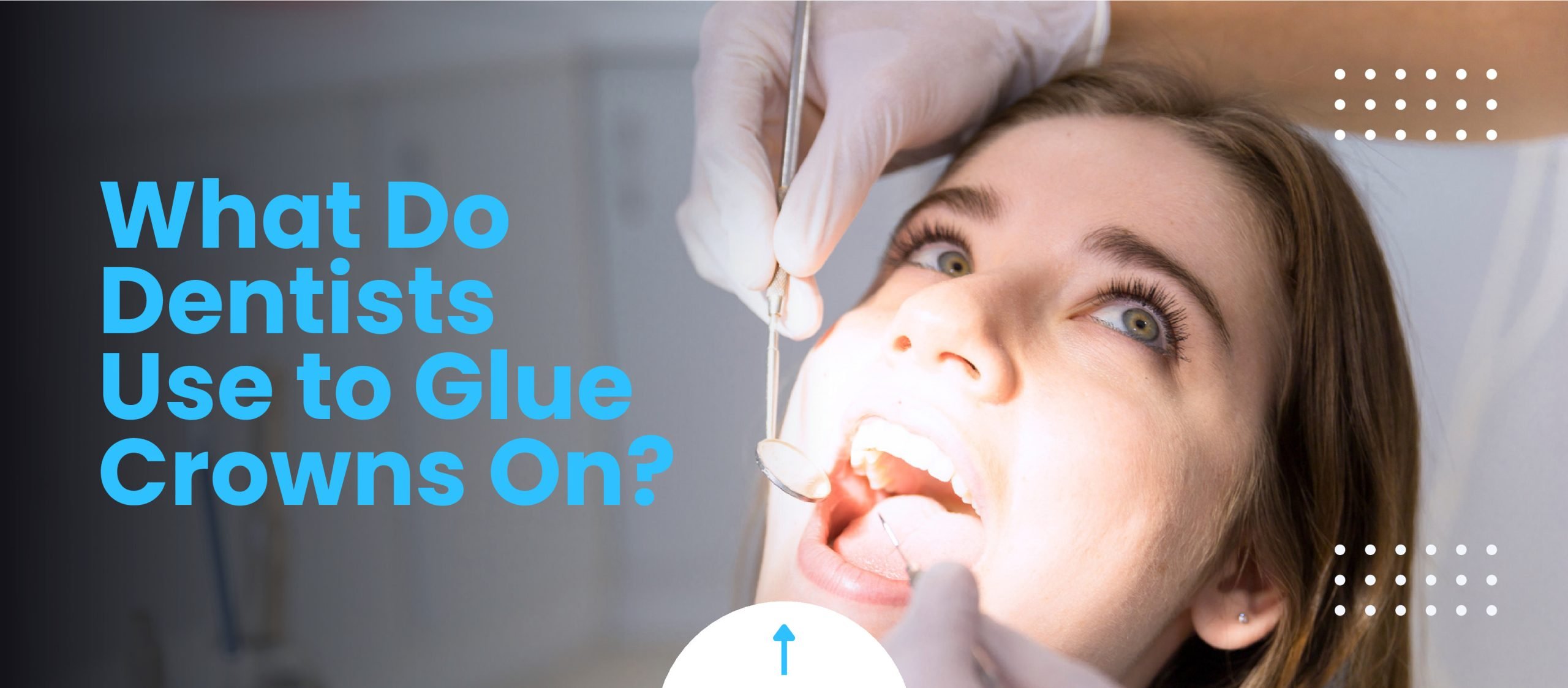
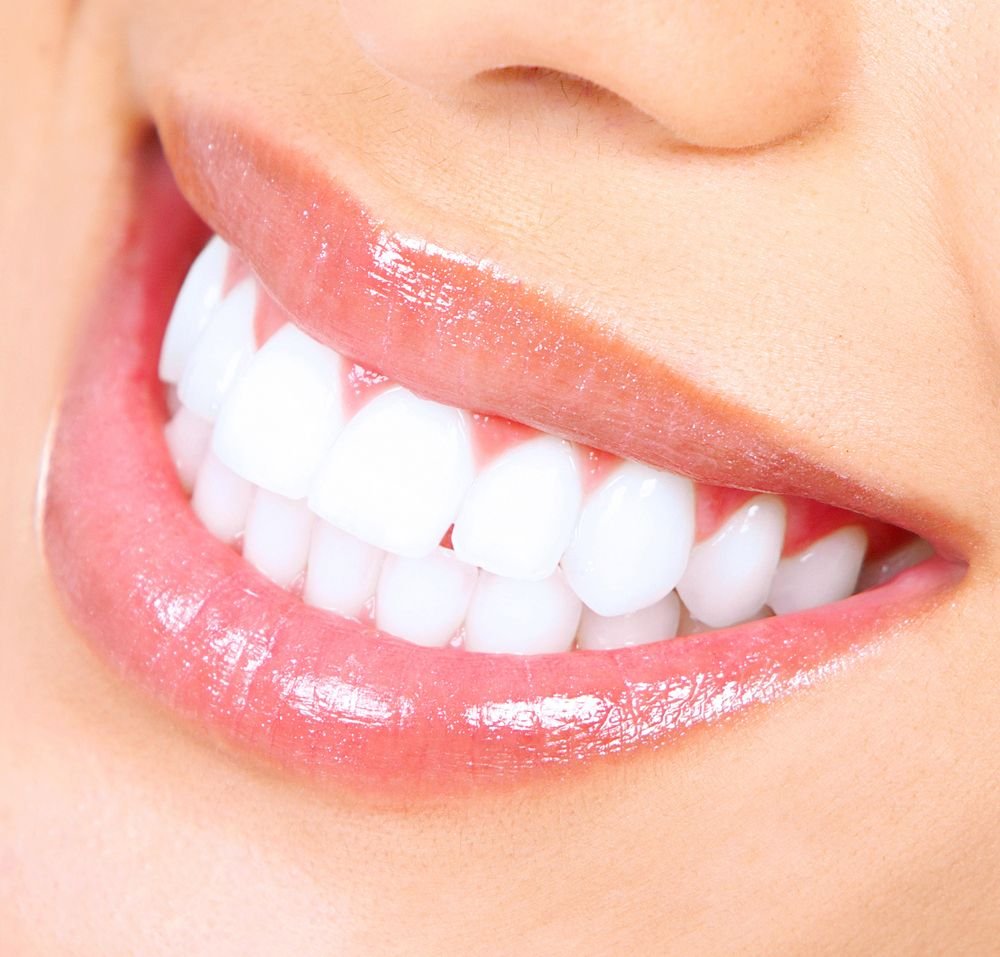
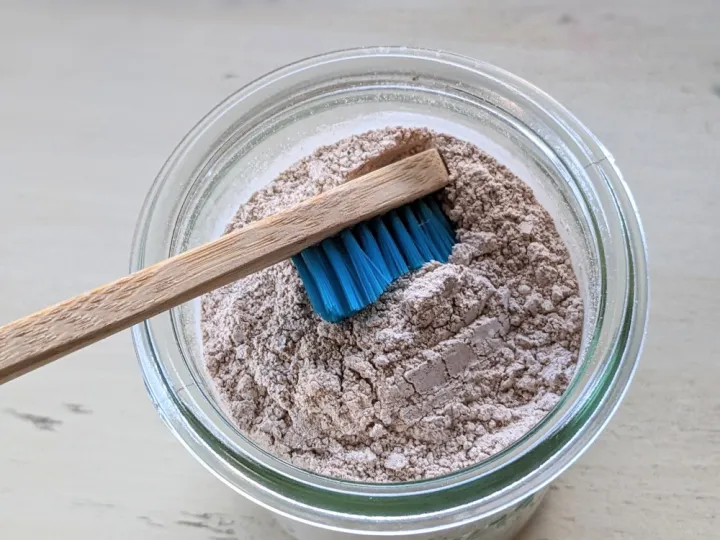
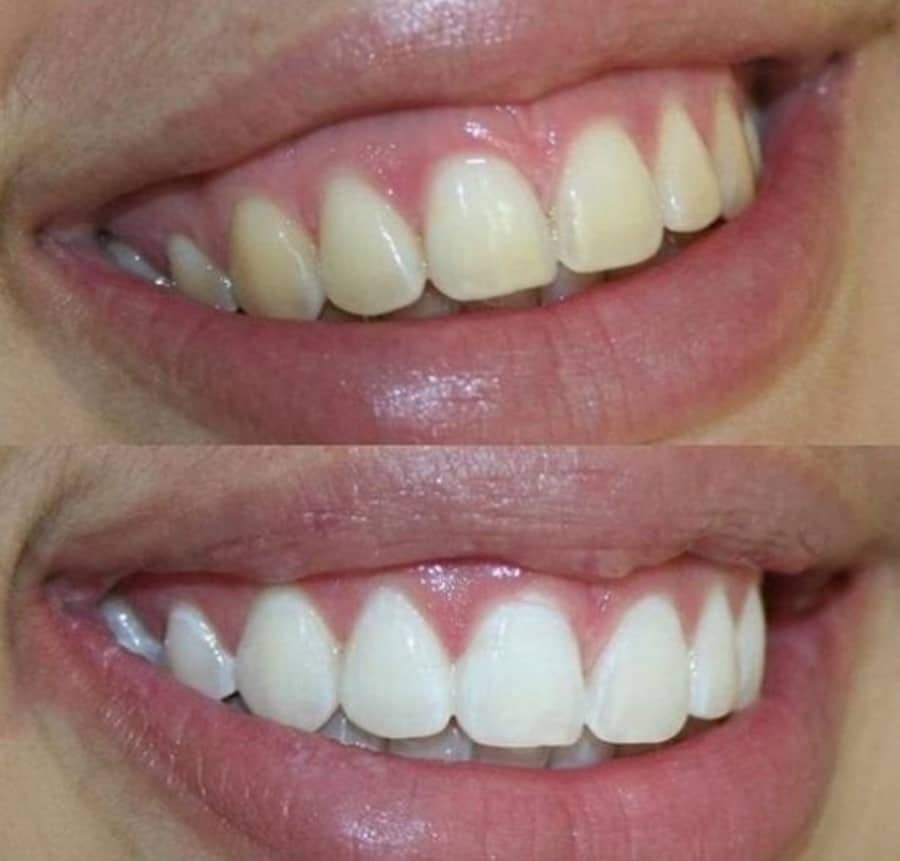
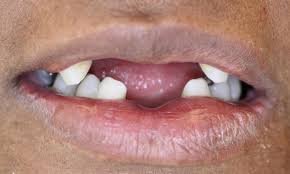
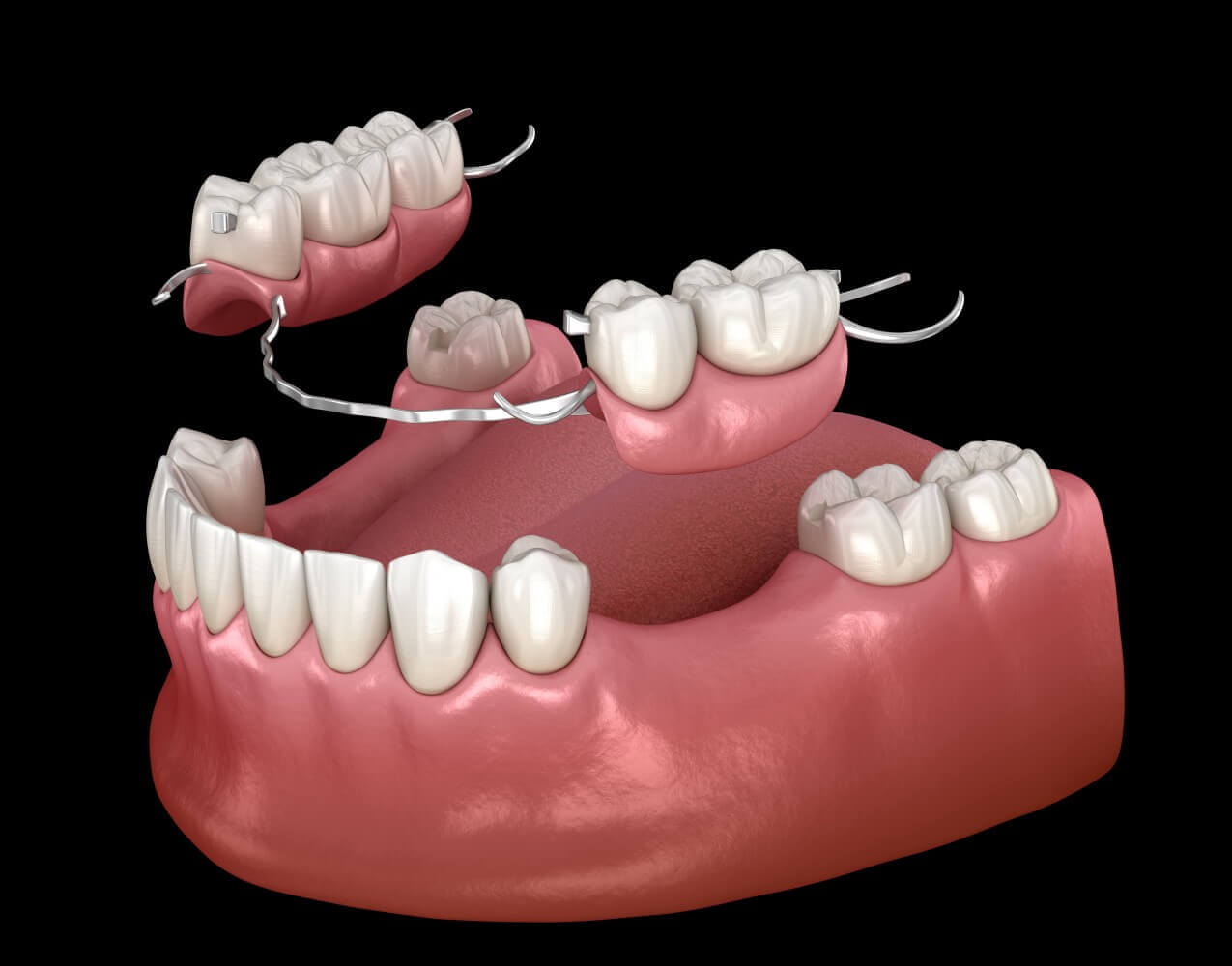
Leave a Reply